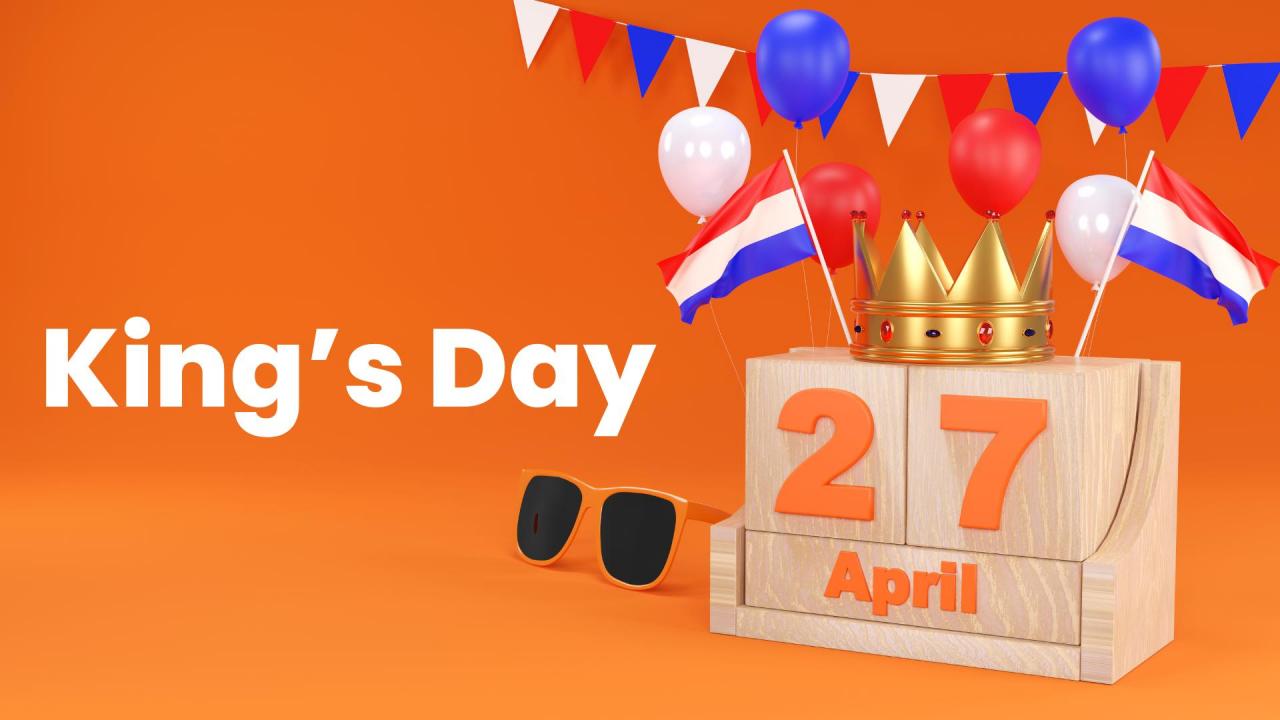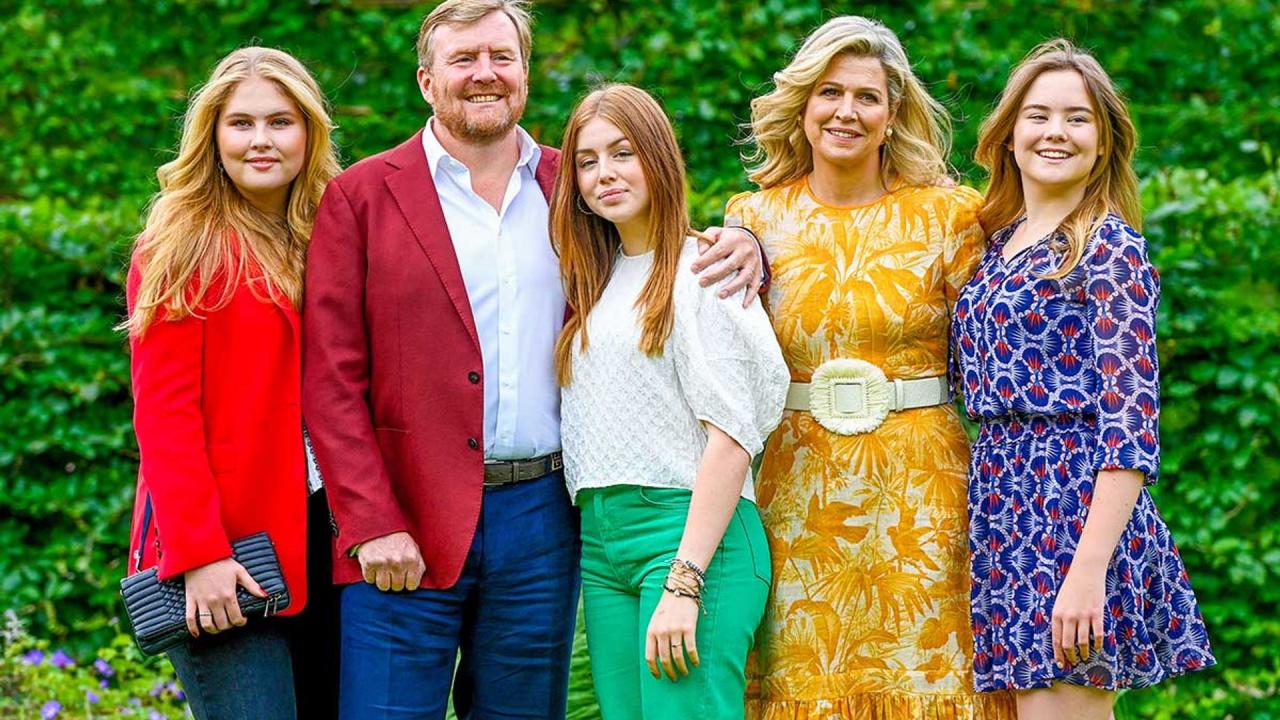
King of netherlands – King of the Netherlands, Willem-Alexander, embodies the rich history and modern aspirations of the Dutch monarchy. From the lineage of the House of Orange-Nassau to his current reign, the king’s role has evolved, reflecting the changing landscape of Dutch society.
Throughout history, the monarchy has played a pivotal role in shaping the Netherlands, from the era of William the Silent to the present day. King Willem-Alexander’s reign has been marked by his dedication to public service, his involvement in international diplomacy, and his commitment to fostering national unity.
History and Lineage

The Dutch monarchy traces its origins back to the 16th century when William of Orange led the Dutch revolt against Spanish rule. The House of Orange-Nassau has ruled the Netherlands ever since, with a brief interruption during the French occupation from 1795 to 1813.
Significant events in the monarchy’s history include the Dutch Golden Age in the 17th century, the Napoleonic Wars in the early 19th century, and the two World Wars in the 20th century. The monarchy has played a central role in Dutch society throughout its history, providing stability and continuity during times of change.
Current Monarch and Reign
The current King of the Netherlands is Willem-Alexander, who ascended to the throne in 2013 after the abdication of his mother, Queen Beatrix. Born in 1967, Willem-Alexander is the eldest son of Princess Beatrix and Prince Claus. He studied history at Leiden University and served in the Royal Netherlands Navy before becoming King.
Willem-Alexander’s reign has been marked by his efforts to modernize the monarchy and make it more accessible to the Dutch people. He has also been an active advocate for social and environmental issues.
Constitutional Role and Responsibilities
The King of the Netherlands is a constitutional monarch, meaning that his powers are limited by the Dutch Constitution. The King is the head of state and commander-in-chief of the armed forces. He also has the power to appoint and dismiss the Prime Minister and other government ministers.
However, the King’s powers are largely ceremonial, and he does not play a direct role in the day-to-day running of the government. The King’s main role is to represent the Netherlands abroad and to provide a sense of national unity.
Public Image and Perception, King of netherlands
The King of the Netherlands is generally held in high regard by the Dutch people. He is seen as a symbol of national unity and stability. The King’s popularity is due in part to his efforts to modernize the monarchy and make it more accessible to the people.
The King’s public image has also been influenced by his marriage to Queen Máxima, a former Argentine investment banker. Queen Máxima is popular among the Dutch people for her warmth and intelligence.
International Relations and Diplomacy
The King of the Netherlands plays an important role in international relations and diplomacy. He represents the Netherlands at state visits, international summits, and other diplomatic events.
The King has also been active in promoting Dutch interests and values abroad. He has spoken out on issues such as climate change, sustainable development, and human rights.
Conclusion: King Of Netherlands

The King of the Netherlands remains a symbol of continuity and tradition in a rapidly changing world. Through his constitutional role, public image, and international diplomacy, he continues to uphold the legacy of the monarchy while adapting to the demands of the 21st century.
Essential FAQs
What is the constitutional role of the King of the Netherlands?
The King of the Netherlands serves as the head of state and symbol of national unity. He has a constitutional role but limited political power, primarily exercising his influence through his authority to appoint the prime minister and other government officials.
What is the public image of the King of the Netherlands?
King Willem-Alexander is generally well-respected and admired by the Dutch public. He is seen as a modern and approachable monarch who actively engages with his people. His popularity is attributed to his dedication to public service and his efforts to promote national unity.
How is the King of the Netherlands involved in international relations?
King Willem-Alexander plays an active role in international diplomacy. He represents the Netherlands at state visits, international summits, and humanitarian efforts. He uses his position to promote Dutch interests and values abroad, fostering international cooperation and understanding.

